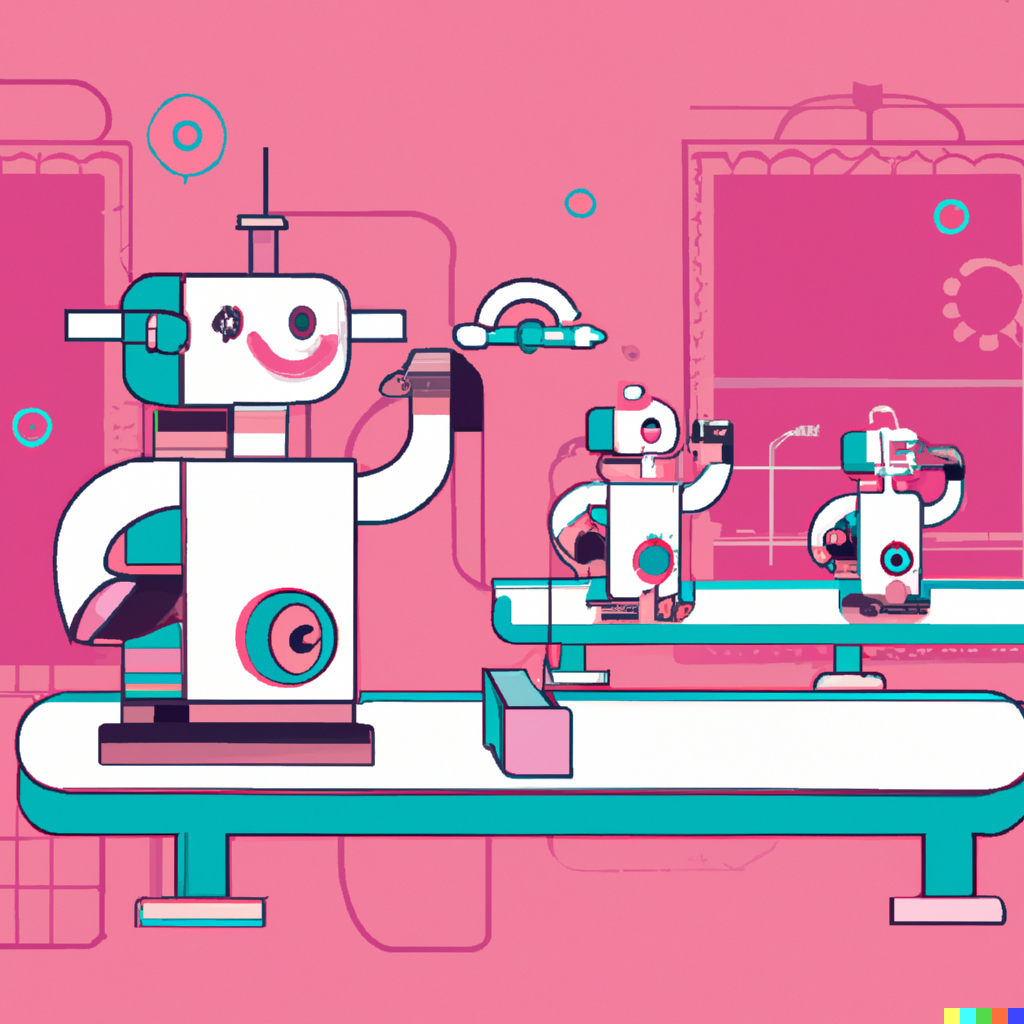Schools in the US and other countries are announcing bans on ChatGPT due to concerns that students may use the technology to cheat on their assignments. Several top universities in Australia are placing more emphasis on traditional methods, such as written exams and oral presentations, in an effort to prevent students from submitting AI-generated essays. Artists and designers are protesting against AI-generated graphics. A group of artists is filing a lawsuit against AI art generators.
There are heated debates about how to approach technology and whether the advancement of AI is a real threat. We are being reminded of the Luddites while also being assured that AI will “replace tasks”, not jobs, and there is nothing to worry about. At least not yet.

As far as I understand, history has a pattern of cycles and trends. In the past, manual labour was used to create unique (physical) items, but over time they were replaced by mass production in factories, with all the pros and cons.
Now, we are seeing a similar pattern with the advent of AI but with the creation of intangible assets such as ideas, texts, art, communications, and avatars. In this sense, AI follows a similar trajectory as factories before.
So it is easy to see the similarities between those who are wary of AI and the Luddites who opposed the use of machines in the 19th century. The comparison has some validity.
As we progressed into the industrial era, we applied the principles of factories to all key systems in society, with a strong emphasis on productivity, efficiency and optimisation. We have utilised systems modelled after manufacturing processes to improve our own performance and operations.
However, now we are witnessing a shift where factories have evolved and are producing intangible goods.
Also, as new patterns emerge, we see a shift from a linear, assembly line-like and hierarchical mindset to a more system-oriented, all-encompassing, global thinking. But this is topic for another post.
All said, it is not surprising that the resistance to AI is reminiscent of the opposition to the rise of factories in the past. And it is natural that both Luddites and acts of industrial sabotage are reemerging in new forms in response to the advent of AI.
Will it stop it? No.
What to do? Adapt to change.
“Change is the only constant in life.” ~ Heraclitus
You can welcome change, adapt to it, prepare for it or, as Mahatma Gandhi, said you can “be the change you wish to see in the world.” But trying to stop it is like trying to hold back the tide with a broom.
Please let me know in the comments how AI is affecting your industry? And if you see ways to adapt to change.